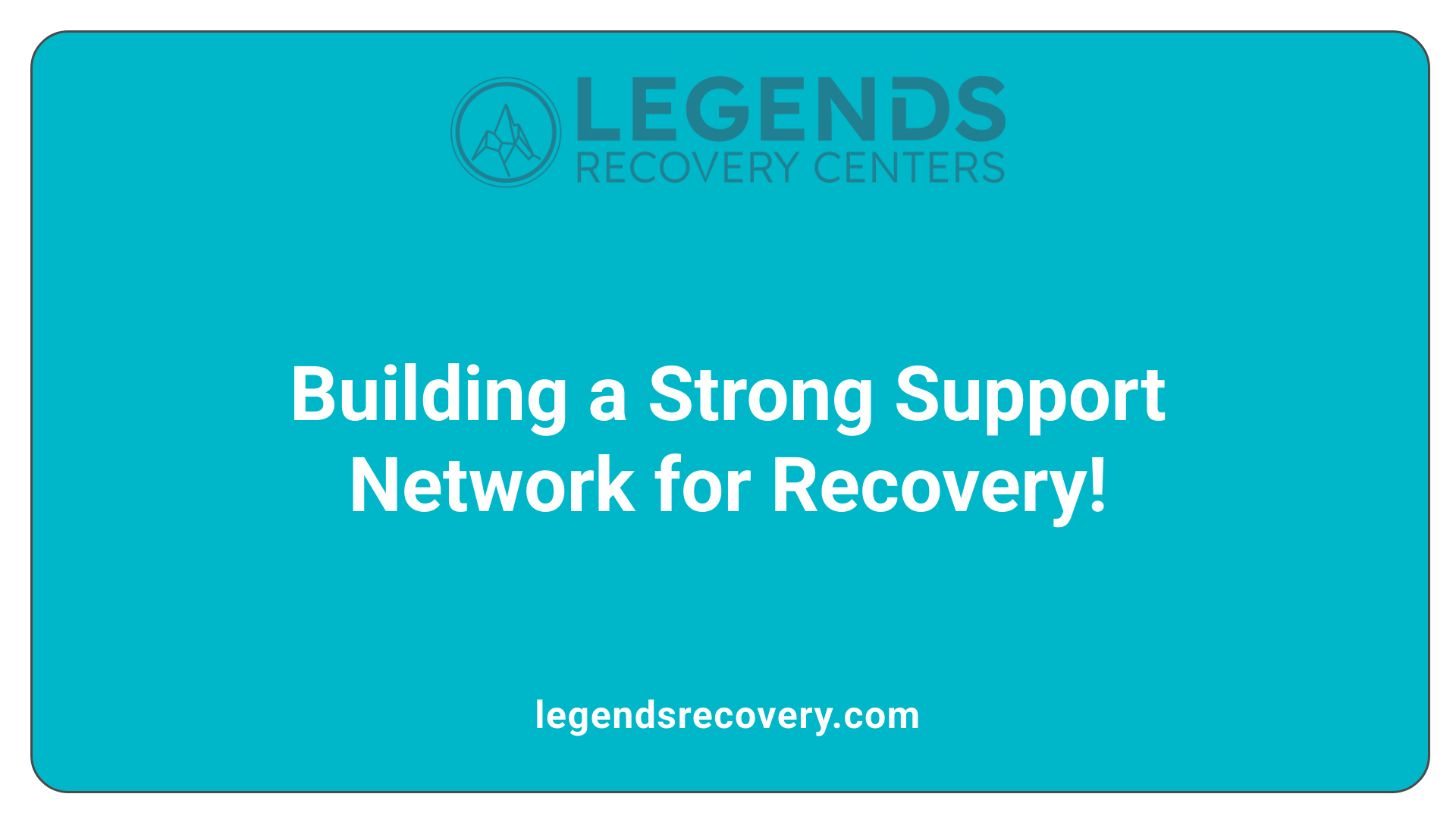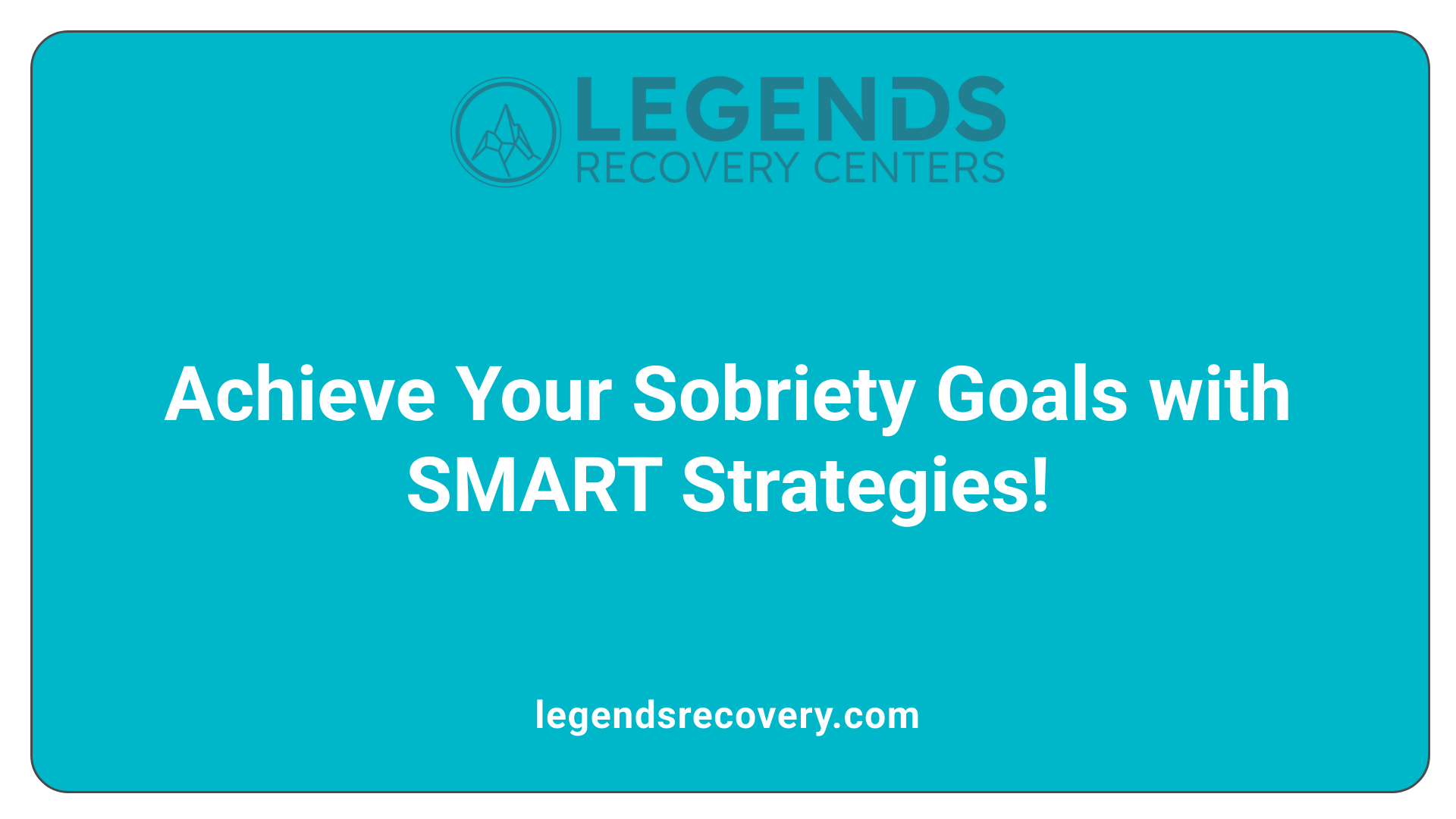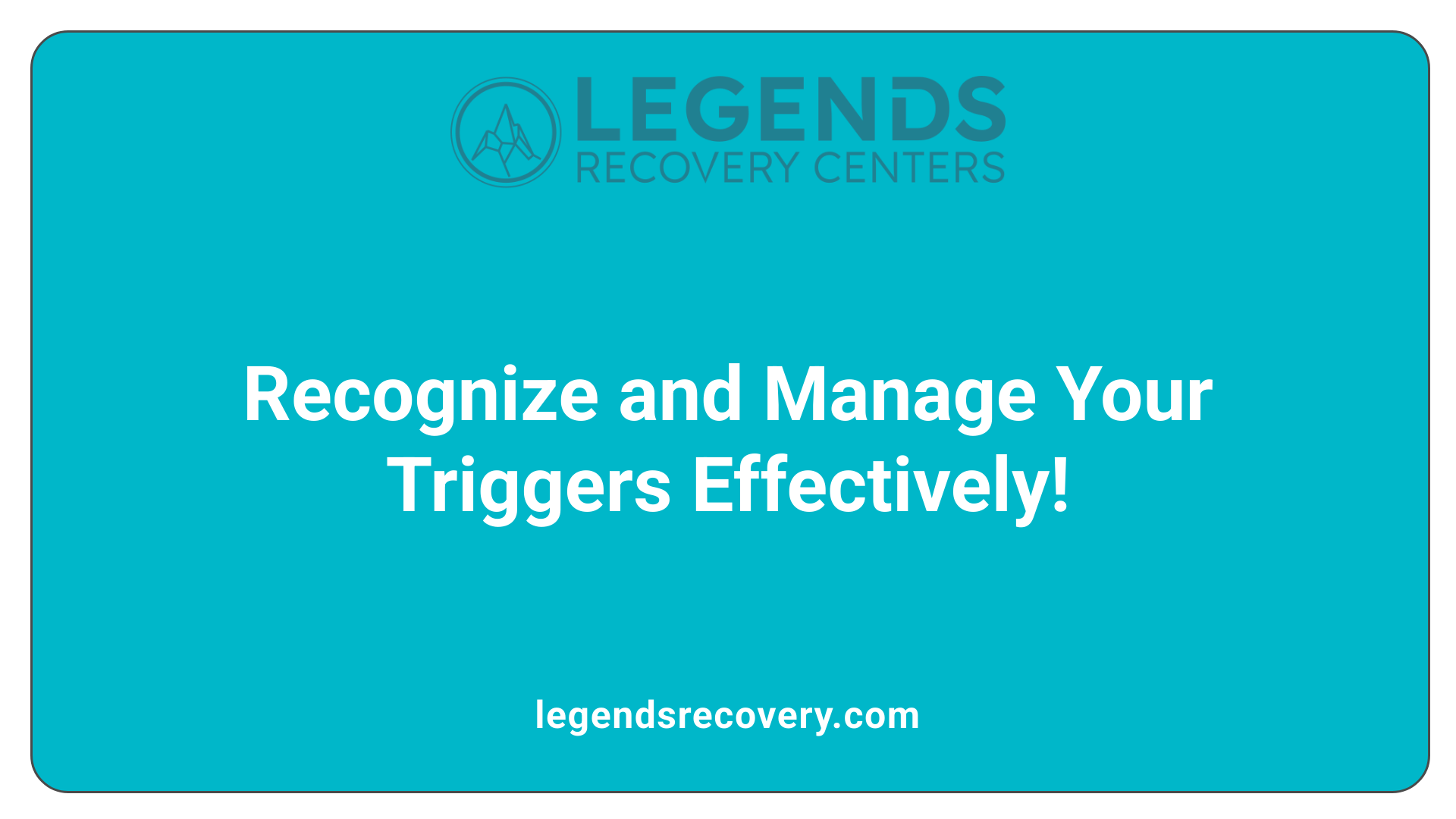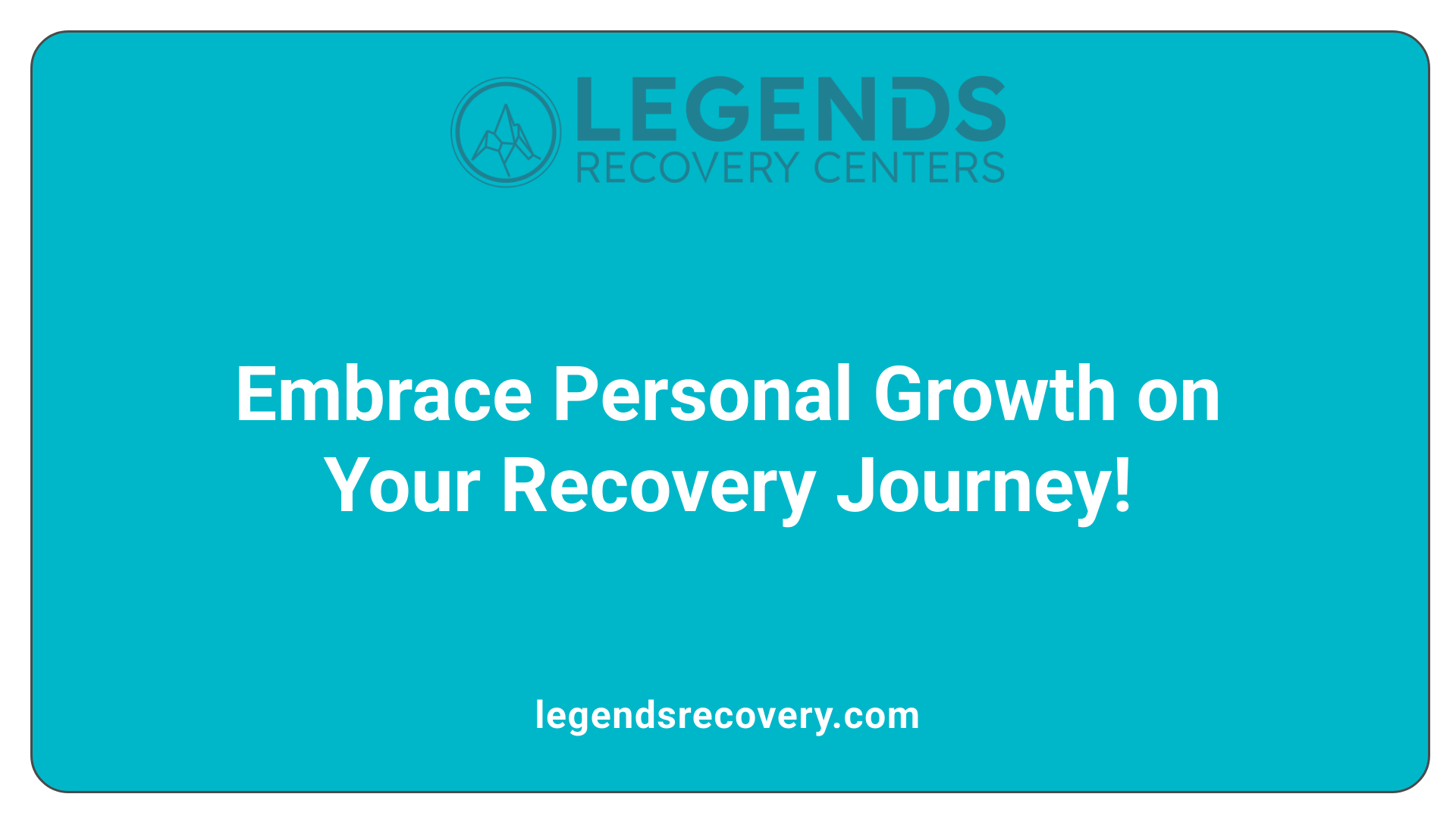Strategizing for a Lifetime of Sobriety and Growth

Achieving long-term sobriety and personal growth involves more than simply quitting alcohol or drugs. It demands a comprehensive approach that addresses the physical, mental, and social aspects of one's life. Successful, sustained recovery is not an endpoint but an ongoing journey that requires planning, support, and constant personal development. In this guide, we'll delve into strategies and methods to enhance resilience, prevent relapse, and build a fulfilling life beyond addiction.

A strong support network is crucial for individuals on their journey to recovery. Support systems help provide the emotional and practical assistance needed during difficult times. They play a vital role in preventing relapse and cultivating a fulfilling sober life. Individuals benefit from encouragement and understanding from peers who have faced similar challenges.
Professional guidance, such as therapy or counseling, offers structured support. Therapists can assist in addressing underlying issues related to addiction, helping individuals develop coping strategies. Additionally, peer support through group meetings, like Alcoholics Anonymous (AA), fosters community and accountability. These relationships often provide a sense of belonging and shared purpose, critical elements in recovery.
Long-term goals for sobriety encompass a variety of areas crucial for maintaining a healthy, sober lifestyle. These include achieving financial stability through budgeting and managing debt, as financial stress can lead to relapse. Establishing a stable housing environment provides a supportive space for recovery, while developing skills in career and education fosters reintegration into the workforce. Additionally, creating a strong support network and engaging in social activities can help reduce isolation and encourage positive relationships. Ultimately, setting realistic, personalized goals is essential for sustaining motivation and ensuring ongoing recovery.

Setting SMART goals—Specific, Measurable, Achievable, Relevant, Time-bound—is crucial in the recovery journey. They provide a clear framework that helps individuals break down the overarching aim of sobriety into manageable tasks. This structured approach can alleviate feelings of overwhelm by creating a roadmap for success. Achievable objectives encourage motivation, allowing individuals to celebrate small victories, which reinforces commitment to sobriety.
The following strategies can enhance the effectiveness of goal setting in recovery:
Here are practical examples of recovery goals:
| Goal Type | Example Goal | Purpose |
|---|---|---|
| Short-term | Attend three support group meetings per week | Building a support system |
| Long-term | Live substance-free for two years | Demonstrating sustained sobriety |
| Physical Health | Exercise for at least 30 minutes, three times weekly | Supporting physical wellness |
| Mental Health | Meet with a therapist weekly | Addressing underlying issues |
| Skill Development | Learn a new hobby (e.g., painting) each month | Providing fulfillment and reducing cravings |
By adhering to the SMART framework, individuals can set meaningful goals that facilitate personal growth and reinforce their commitment to long-term recovery.

Identifying personal triggers is a crucial step in maintaining long-term sobriety. Triggers can be emotional, environmental, or behavioral cues that elicit cravings for substances. To effectively tackle these triggers, individuals should take the time to reflect on the situations or feelings that precede their urges to use. Keeping a journal can help track these moments, fostering greater self-awareness.
Once personal triggers are identified, it’s essential to develop effective coping mechanisms. Strategies may include practicing mindfulness or meditation, which can help manage stress and anxiety. Engaging in physical activities, like exercise or yoga, also provides a healthy outlet for emotions and helps distract from cravings. Moreover, creating a solid aftercare plan that outlines responses to high-risk situations—such as needing support from a trusted friend or therapist—can be immensely beneficial for steering clear of relapse.
Prioritizing self-care is paramount in the recovery journey. This includes maintaining a balanced diet, getting enough sleep, and prioritizing regular exercise, which can significantly enhance one’s physical and mental health. Implementing a daily routine that incorporates these aspects can provide structure, reducing the likelihood of encountering triggers. Additionally, recognizing the importance of celebrating milestones—whether big or small—reinforces a sense of accomplishment and motivates individuals to stay committed to their recovery goals.
| Focus Area | Key Strategies | Description |
|---|---|---|
| Understanding Triggers | Reflective journaling | Helps identify patterns related to cravings. |
| Coping Mechanisms | Mindfulness, exercise, and support networks | Offers emotional management and distraction. |
| Self-Care | Balanced diet, exercise, structured routine | Enhances overall health and focuses on recovery. |

To ensure long-term sobriety, a robust aftercare plan is essential. Key components include:
Ongoing therapy is pivotal in maintaining sobriety. It not only aids in identifying and addressing any emotional or psychological challenges related to addiction but also reinforces personal accountability. Support groups, such as Alcoholics Anonymous (AA), provide a community of individuals who share similar experiences, offering motivation and reinforcement essential for the recovery journey.
Incorporating these strategies into an aftercare plan can significantly heighten the chances of sustained recovery and ultimate personal growth. Regular reviews of the plan ensure that it evolves alongside the individual's recovery journey, maintaining relevance and effectiveness.

Long-term sobriety refers to sustained abstinence from alcohol or drug use over an extended period, typically defined as one year or more. Achieving and maintaining long-term sobriety requires applying skills and techniques from addiction treatment, as addiction is a chronic condition with relapse rates between 40% and 60%. Key strategies include understanding personal triggers, developing coping mechanisms, maintaining strong support networks, and prioritizing self-care.
Engaging in hobbies and discovering new interests can significantly enhance the recovery experience. By filling the time previously occupied by substance use with enjoyable activities, individuals can cultivate a sense of purpose that supports their sobriety journey. Whether it’s painting, hiking, or learning a new instrument, these positive distractions help build resilience against cravings and reinforce a life free from addiction.
Establishing a routine that includes regular exercise, nutritious eating, and healthy social interactions is vital for overall well-being. These healthy habits not only fill the void left by addiction but also enhance physical and mental health, which is crucial for sustaining recovery.
Continued education about addiction and opportunities for personal growth lead to a more fulfilling life. This can involve attending workshops, volunteering, or participating in recovery-focused activities. Such engagement helps individuals redefine their identity outside of addiction. It focuses their ambitions on constructing a life filled with constructive experiences, improving their self-esteem, and nurturing healthy relationships.
| Topic | Details | Benefits |
|---|---|---|
| Hobbies | Engaging in enjoyable activities | Fills time and enhances life satisfaction |
| Healthy Habits | Routine exercise and nutrition | Promotes physical and mental health for better recovery |
| Continuous Learning | Education and community involvement | Supports personal development and builds a sober identity |
The journey to sobriety can be particularly daunting, especially during the first 30 days. Individuals often face intense physical and mental cravings for substances, which can be overwhelming. Support during this pivotal time is vital. Engaging with recovery programs, like those offered at places such as The Retreat NZ, can create an encouraging environment. These programs not only connect individuals with nature but also foster community, allowing them to lean on one another for strength and motivation.
Maintaining motivation during the early stages of sobriety can be achieved by establishing a structured routine. Participation in activities and support groups, such as Alcoholics Anonymous, helps reinforce the commitment to sobriety. It is also essential to reflect on personal motivations for staying sober, as understanding one's "why" can serve as a compass during difficult moments. Setting both short and long-term goals provides direction and purpose, facilitating personal growth.
Cravings are a common challenge during the early recovery phase. Developing healthy coping strategies is crucial for managing these urges. Individuals should identify their triggers and create a prevention plan that includes techniques such as mindfulness and exercise. Knowledge of one's personal triggers, whether emotional or environmental, can empower individuals to navigate high-risk situations effectively. In doing so, they enhance their chances of maintaining long-term sobriety, marking each small victory on the journey.
Managing cravings is crucial for maintaining long-term sobriety. One approach involves the four D's of sobriety, which are designed to provide immediate strategies to handle intense urges. These are:
Incorporating healthy habits into your daily routine can further support sobriety efforts. Regular physical activity, maintaining a nutritious diet, and establishing consistent sleep patterns create stability and well-being. These practices reinforce a strong foundation for recovery, decreasing the frequency of cravings and enhancing emotional resilience.
Building self-regulation skills is essential for managing cravings effectively. A critical aspect of this development involves identifying personal triggers, such as certain emotions or situations that lead to substance use. By recognizing these triggers, individuals can formulate tailored coping strategies. Consider maintaining a journal to reflect on cravings and develop plans of action to navigate high-risk scenarios.
Using the four D's and establishing daily routines creates a practical toolkit for managing cravings, contributing to sustained sobriety and personal growth.
Long-term sobriety and personal growth following addiction recovery are journeys marked by perseverance, resilience, and ongoing effort. By building a strong foundation with support systems, setting realistic goals, managing triggers, and embracing personal growth, individuals cultivate a life of fulfillment and sustained recovery. As each step builds upon the last, the path forward becomes a testament to one's strength and commitment to a healthier, more purposeful life.